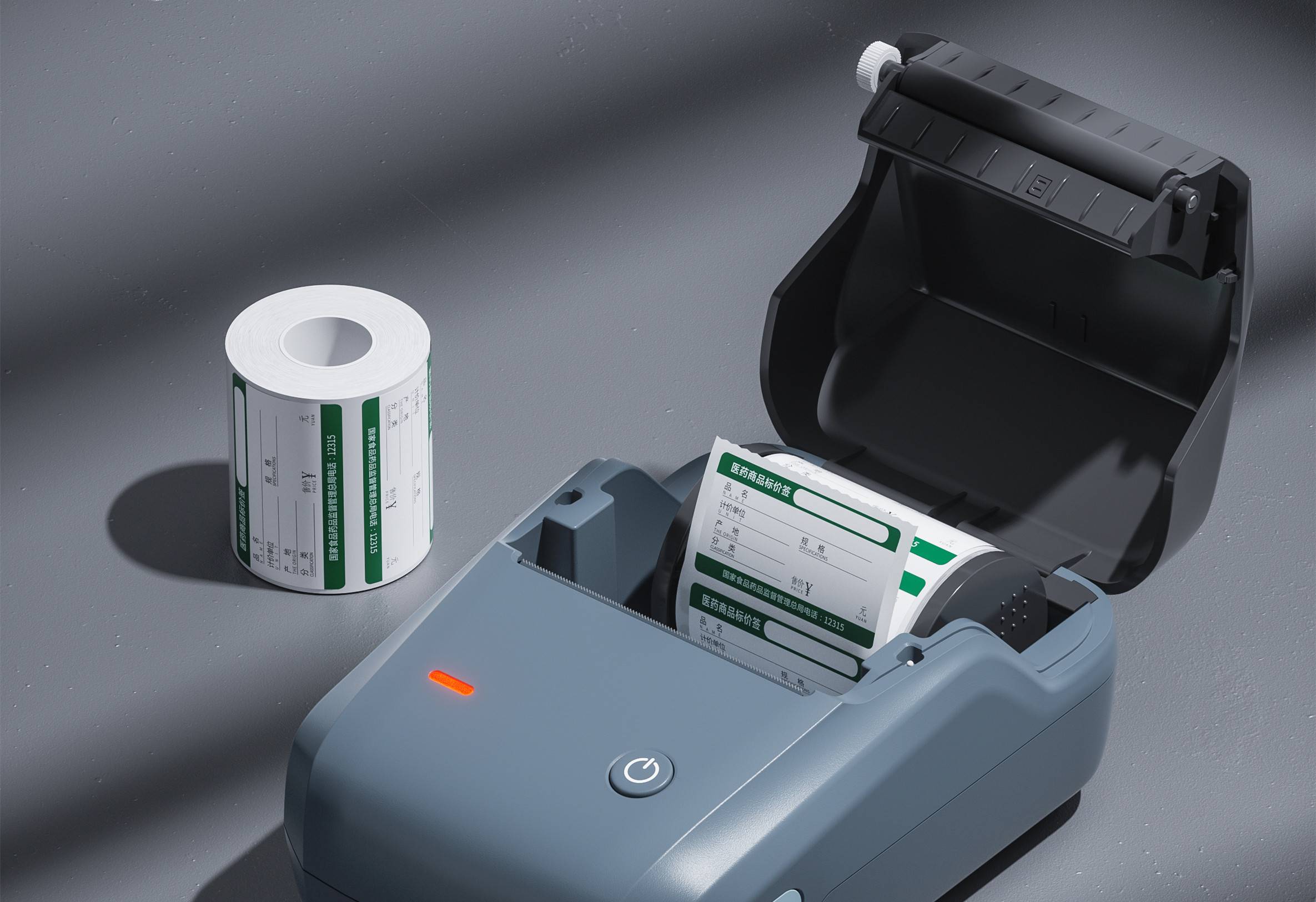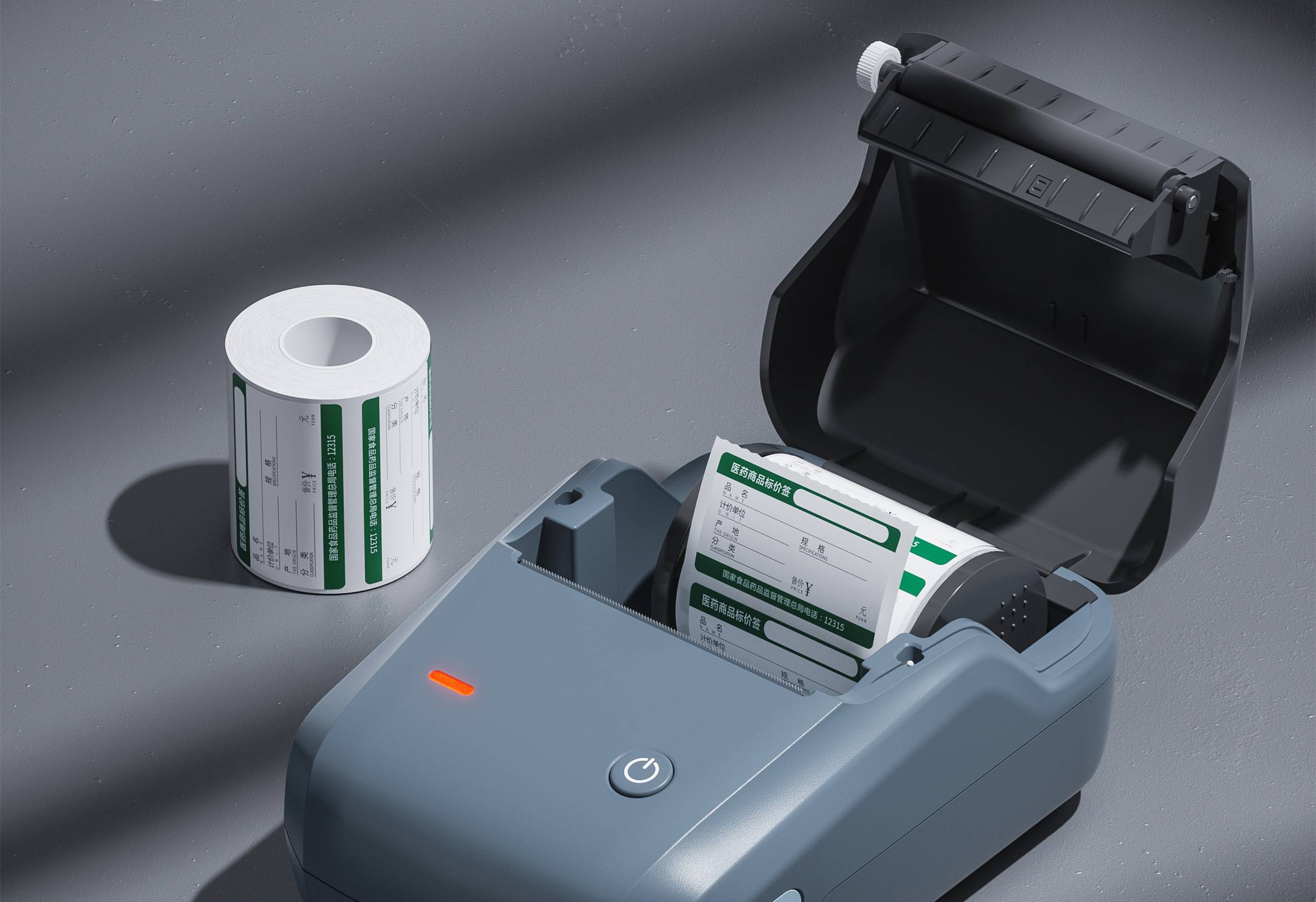1. Prepare relevant materials. These materials include commercial invoices, packing lists, clear product photos, and product testing reports issued by third-party authoritative laboratories. Each item is indispensable and requires ensuring the authenticity and completeness of the information.
2. Enter the inspection stage. Enterprises need to ensure that the goods are ready for shipment and formally submit an appointment inspection application to the certification body.
Once the inspection is successfully passed, the certification body will promptly issue a draft COC certificate. After confirming the accuracy, proceed with the payment operation.
After the payment is completed, the certification body will officially issue a COC certificate.
1. PVOC certification can ensure that the quality of products meets Uganda's national standards, thereby safeguarding public health and consumer safety. Certified products undergo strict testing, reducing the influx of unqualified or dangerous products and providing consumers with a layer of protection.
2. PVOC certification helps maintain a fair competitive environment in the local market of Uganda. By conducting product conformity assessments in the exporting country, it is possible to effectively prevent substandard products from entering the Ugandan market and avoid unfair competition pressure on local manufacturers.
3. PVOC certification also reflects Uganda's compliance with international trade rules. According to Article 5 of the World Trade Organization's Technical Barriers to Trade Agreement, Uganda's requirements for imported products are consistent with those for domestic products, ensuring fairness in trade.
1. Application Form. Complete the COC application form to ensure accurate and error free information, including product name, quantity, model, etc.
2. Commercial invoice. Clear commercial invoice, including product description, quantity, unit price, and total amount.
3. Packing list. The packing list should be consistent with the content of the commercial invoice, detailing the specifications, quantity, and weight of each box of products.
4. Product testing report. Provide product testing reports that comply with Ugandan standards to ensure product quality meets local requirements.
5. Bill of lading. The ocean bill of lading is an important document for the transportation of goods, which should include accurate information such as the name of the ship, voyage, and transportation date.
6. Product photos. Provide clear product photos to ensure consistency with the products in the application form and test report.

Label printers entering the Brazilian market, ANATEL certification is an essential passport! It is the recognition of the Brazilian Telecommunications Authority for the safety and compliance of electronic products, without which products cannot be legally sold.

SRRC certification is not only a guarantee of product compliance, but also a key to opening up the market.

FCC ID certification is a mandatory certification for electronic products by the Federal Communications Commission (FCC) in the United States, and it is essential for label printers to obtain this certification.
The COC certification in Uganda refers to the Conformity of Product Certificate, which is a mandatory certification system implemented by the Ugandan government to ensure that imported products comply with local technical standards, safety requirements, and quality specifications.
Get a quote